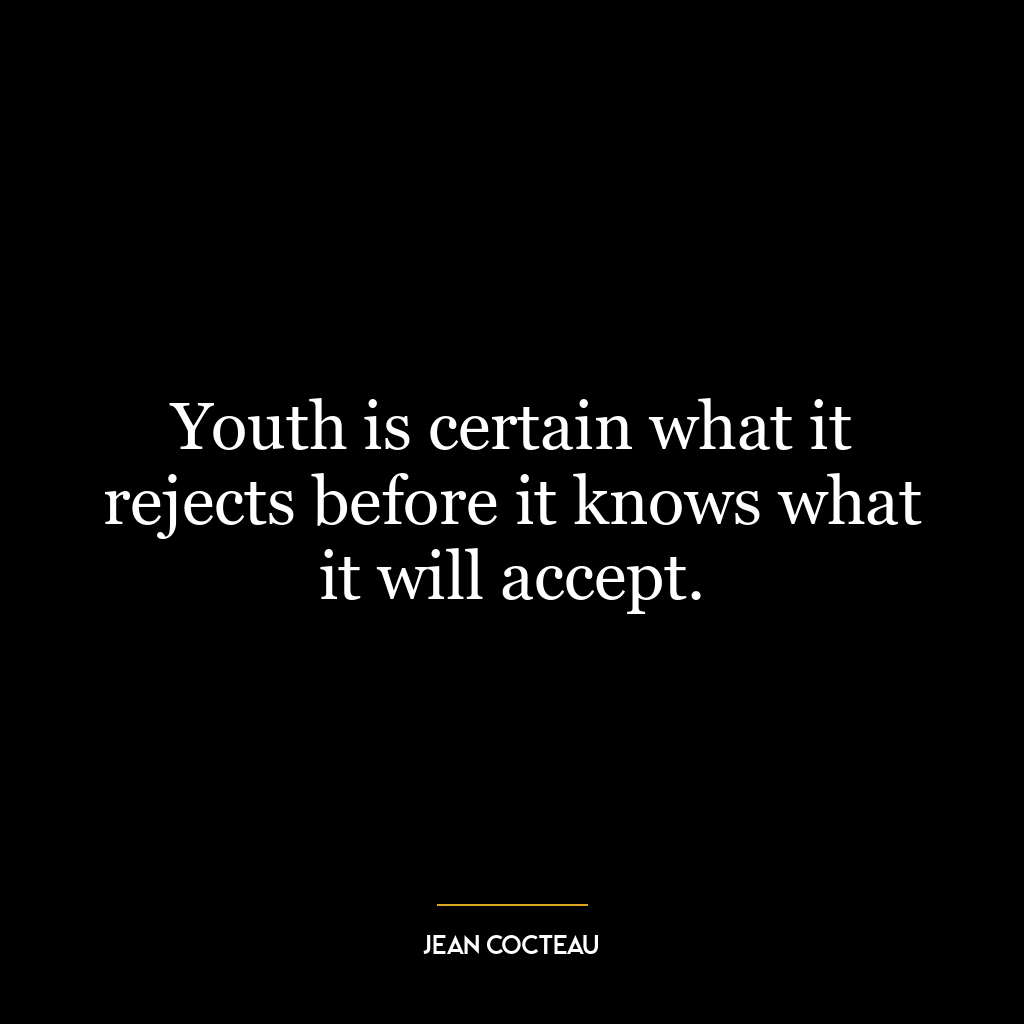This quote highlights the essence of unconditional love, suggesting that genuine affection should be based on accepting someone as they are, rather than imposing our own expectations or standards upon them. It underscores the importance of respecting individuality and uniqueness, and loving someone for their own merits, flaws, and idiosyncrasies. This perspective challenges the common tendency to try to mold others according to our own ideals, which can often lead to dissatisfaction and conflict in relationships.
In the context of personal development, this quote encourages us to cultivate the ability to appreciate and value the inherent qualities of others, rather than trying to change them. This can lead to healthier, more fulfilling relationships, as it promotes understanding, empathy, and acceptance. It also allows us to focus on our own growth and self-improvement, rather than trying to ‘fix’ or control others.
In today’s world, where social media often promotes unrealistic standards of perfection, this quote is particularly relevant. It reminds us to resist the pressure to conform to societal expectations and to value authenticity over superficiality. It encourages us to appreciate others for their true selves, rather than their online personas or their adherence to social norms.
Moreover, this quote can also be applied to our relationship with ourselves. Often, we may judge ourselves harshly, wishing we were different or better in some way. However, this quote suggests that we should extend the same understanding and acceptance to ourselves as we should to others, learning to love ourselves as we are, while still striving for self-improvement. This can lead to greater self-esteem, self-acceptance, and overall happiness.
In conclusion, this quote promotes a more compassionate, accepting approach to love, both towards others and ourselves. It encourages us to value authenticity, individuality, and mutual respect, leading to healthier relationships and personal growth.















